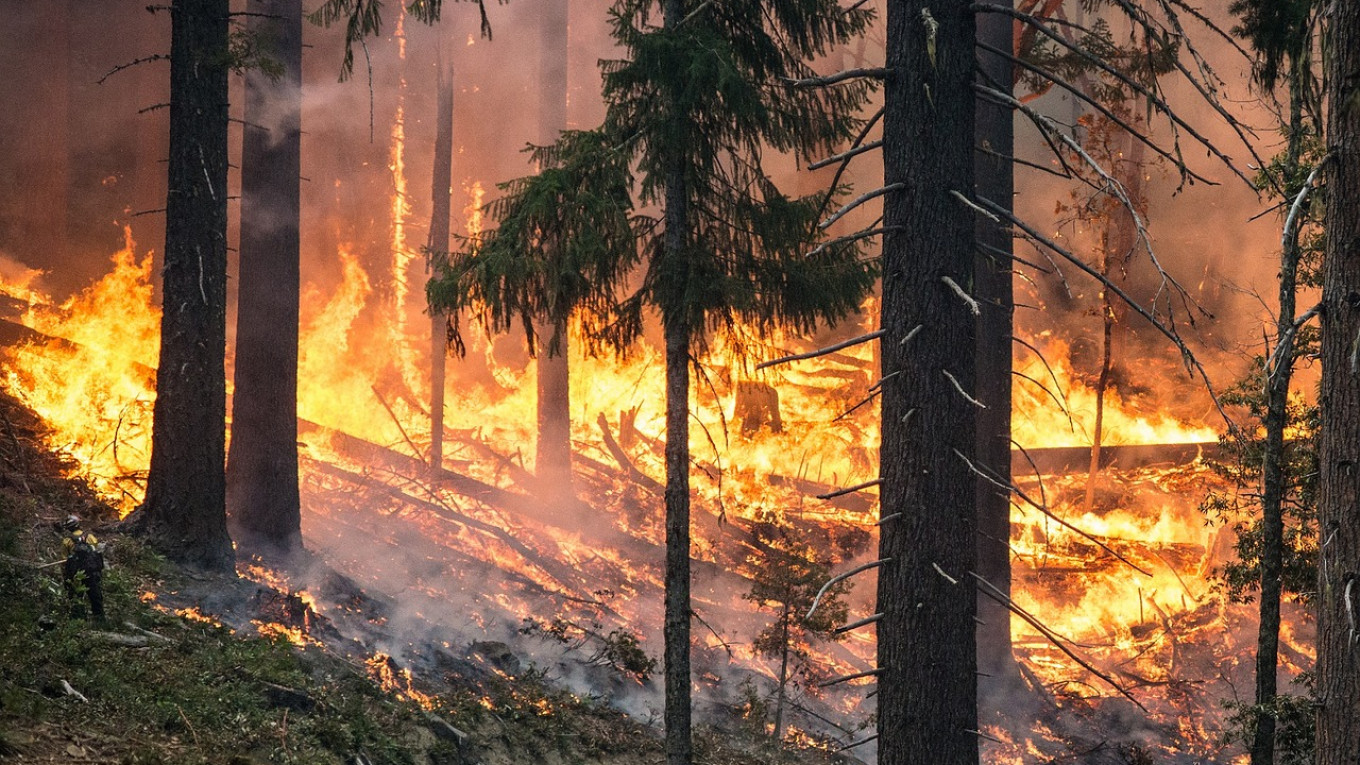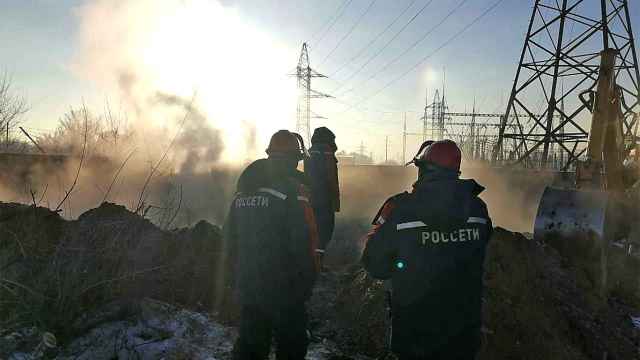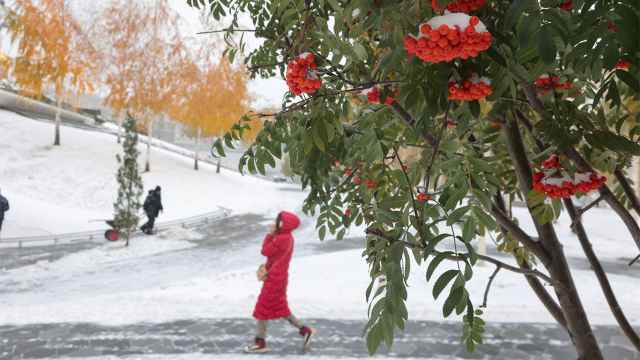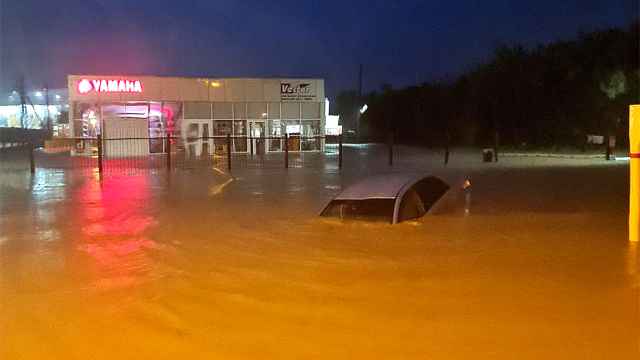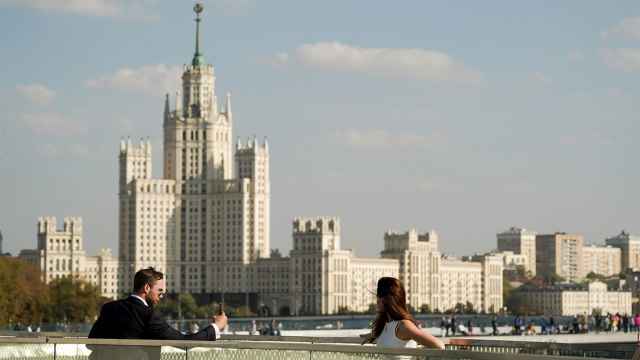Thick smoke from forest fires has covered cities in Siberia, the Urals, and the Volga region. It would have been possible to cope with the initial stages of the blaze, but regional leaders have tried to extinguish as little as possible.
According to Greenpeace Russia, over 3 million hectares of forest have been consumed by the current blaze (an area approximately the size of Belgium) and 11 million hectares (an area larger than Portugal) have been affected throughout spring and summer.
There have been worse forest fires this century in Russia, in 2003 and 2012, but it looks like those records will be broken this week. Usually, the smoke is blown towards the uninhabited areas in the east and north, whereas this year it is more noticeable as it is traveling westward towards Novosibirsk, Yekaterinburg, Chelyabinsk and Kazan.
The current fires are largely a result of a controversial law. More than 90 percent of the burning forests are within so-called control zones: Areas where regional authorities do not have to put out fires if the cost of the effort to do so exceeds that of the fire damage. This policy was introduced in 2015 when the federal authorities basically re-introduced a Soviet-era practice.
Now governors have the official right not to extinguish fires: A right they are keenly exercising as there is a lack of money and equipment at their disposal. Forests in Russia are plentiful whereas the economy is too weak to put out all the fires.
The authorities estimate the potential damage by calculating the minimum price of processable wood in the area that is burning (and if the wood is deemed unfit for processing, there is no recordable damage). In other words, according to these calculations, fires often cost almost nothing. However, every year, fires destroy 3 times more forest (3 million hectares) than the timber industry (1 million hectares).
By using these calculations, the authorities are ignoring dire and critical consequences of the fires.
Oil and gas infrastructure and facilities fall within the control zones and an uncontrollable fire is advancing on hundreds of villages and settlements. Assessment of the damage does not include air and water pollution or the difficult-to-estimate but real damage to human health — acrid smoke significantly increases the death rate.
Furthermore, persistent high-pressure regions (anticyclones) are forming over the enormous areas affected by the fires in Siberia provoking extreme rains around the perimeter. The fires produce a vast amount of greenhouse gases and soot, which intensify the rate at which the Arctic ice caps are melting and accelerate climate change, which in itself increases the risk of new fires.
Most of the fires are intentionally started by humans or as a result of human negligence. They could be extinguished immediately but the local authorities failed to do so, which led to the onset of these major outbreaks, which now became unmanageable. The only solution left is to wait for the rain.
This article was originally published by Vedomosti.
A Message from The Moscow Times:
Dear readers,
We are facing unprecedented challenges. Russia's Prosecutor General's Office has designated The Moscow Times as an "undesirable" organization, criminalizing our work and putting our staff at risk of prosecution. This follows our earlier unjust labeling as a "foreign agent."
These actions are direct attempts to silence independent journalism in Russia. The authorities claim our work "discredits the decisions of the Russian leadership." We see things differently: we strive to provide accurate, unbiased reporting on Russia.
We, the journalists of The Moscow Times, refuse to be silenced. But to continue our work, we need your help.
Your support, no matter how small, makes a world of difference. If you can, please support us monthly starting from just $2. It's quick to set up, and every contribution makes a significant impact.
By supporting The Moscow Times, you're defending open, independent journalism in the face of repression. Thank you for standing with us.
Remind me later.


